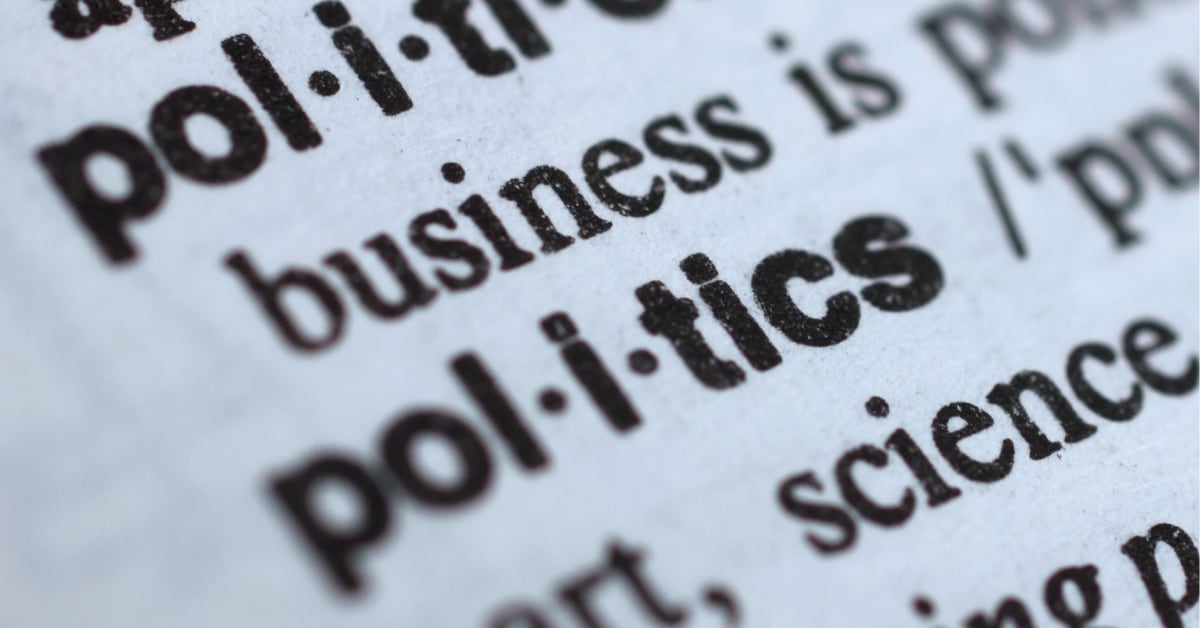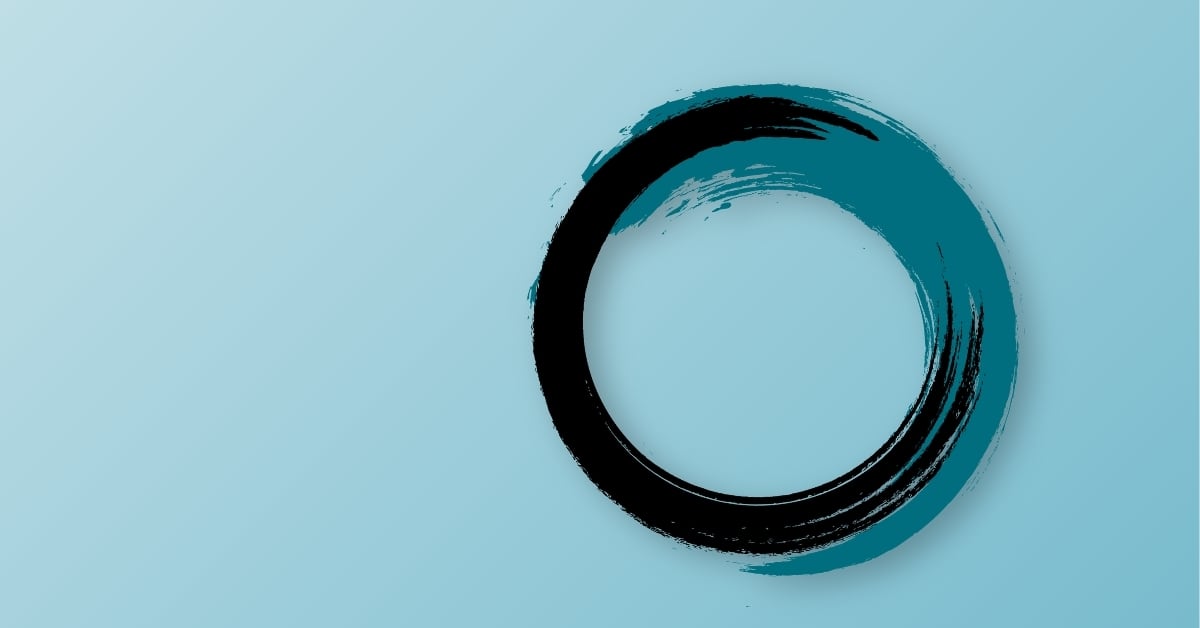Accountability is important for people’s confidence and happiness

How we’ve lost the thread – and what we can do about it
By Sandra Oliver
I’ve been thinking a lot about accountability lately. And hearing a lot about it from leaders.
I also watched the Olympics over the summer — and saw people do really hard things. Almost impossible things. And then saw all the athletes looking so proud to be at the closing ceremony. They were elated by their accomplishments. Medal or no medal. Why? Because they worked hard, sacrificed a lot, conquered adversity, and did what they did for their country, as much as they did it for themselves. They’re supremely accountable for their goals and their successes. And that made them happy.
Learning, challenging ourselves, and helping others fosters happiness
Today, leaders tell me that people and teams frequently lack accountability. People are assigned work or given direction and miss deadlines or don’t do the work at all. When asked about the missed project, they provide excuses, like: “I’m too busy”, “I had something personal get in the way”, or just, “it’s my bad.” We have let our standards slide.
This lack of accountability impacts people’s happiness. Why?
Happiness and confidence are not things that are bestowed upon us or happen because we maintain boundaries and engage in self-care.
As a matter of fact, self-care doesn’t do that much for us. Take a look at Bruce Hood’s The Science of Happiness: Seven Lessons for Living Well.
We spend a lot of time and money as leaders asking people if they’re happy at work. And the results are awful for the most part. A 2022 Gallup survey found that 62 percent of employees are uninspired and disengaged, and another 15 percent are actively disengaged and looking for work.
What does create happiness? Learning, challenging ourselves, and helping others. Lack of accountability – letting others down and doing poor work – hurts everyone, including ourselves.
In short, it doesn’t make us happy. It usually makes us feel worse about ourselves.
Accountability: The harder it is, the prouder we’ll be
Accountability is hard and when we act accountably, we feel great after (even if it’s hard at the time, like admitting our mistakes, or working on a weekend). Why do we feel great after? We learned something. We helped our team or our boss. We did something we’re proud of. The harder it is, the prouder we’ll be. The higher the risk of failure (within reason), the happier we’ll feel about the accomplishment.
These all seem kind of obvious, but how many people really do this? We all think we do, but if we’re truly honest, it’s easier to let things slide and not do the hard things. So most of us do the easy things, more often than not.
How we can behave more accountably
- We make a commitment and we keep it. My dad always told me, “if you do what you say you’re going to do, you’ll be better than 95 percent of the population”. I used to think that was exaggerated. But it’s not. And when you think about it, it’s easy.
- We screw up, or even if we don’t and someone else lets us down on something that impacts our project – we own it. Even if it isn’t completely our fault. That looks like apologizing, stating what we learned and committing to change. “My bad” comes off as flippant and unrepentant. It’s hard to learn and grow if we can’t examine our role in a failure.
- If we know we can’t get something done, we work hard to get it done. Even if we stay late or work on the weekend. If we really can’t make a deadline, we talk to the person we owe the work to — early. And get help. That builds trust, helps us learn how to organize ourselves, helps us build strong relationships and stretches us. People feel closer to us if they help us.
- We struggle through things and learn them on our own, rather than stall or delegate up or completely give up. If we have to figure it out and solve it, we learn and grow and the learning sticks better than if we simply pass the work on to someone else.
- And we come up with and fully build-out novel ideas or ways of doing things without being asked. We work to make those around us better and to achieve team and organizational goals. We feel good because we helped people and made a lasting impact on those around us. We didn’t wait to be asked.
Let’s stop waiting to be happy or expecting our boss or company to make us happy. Let’s stop focusing so much on self care days, perfect bosses (there aren’t any) and setting boundaries. It isn’t working. Let’s start being more accountable, more team-oriented, and doing really hard things. It’ll make us all happier at work.
Dive deeper
Purpose is also essential to happiness but it’s not the answer we think it is:
Finding Your Purpose
Impact Coaches
Deep Work: Rules for Focused Success in a Distracted World
Cal Newport




